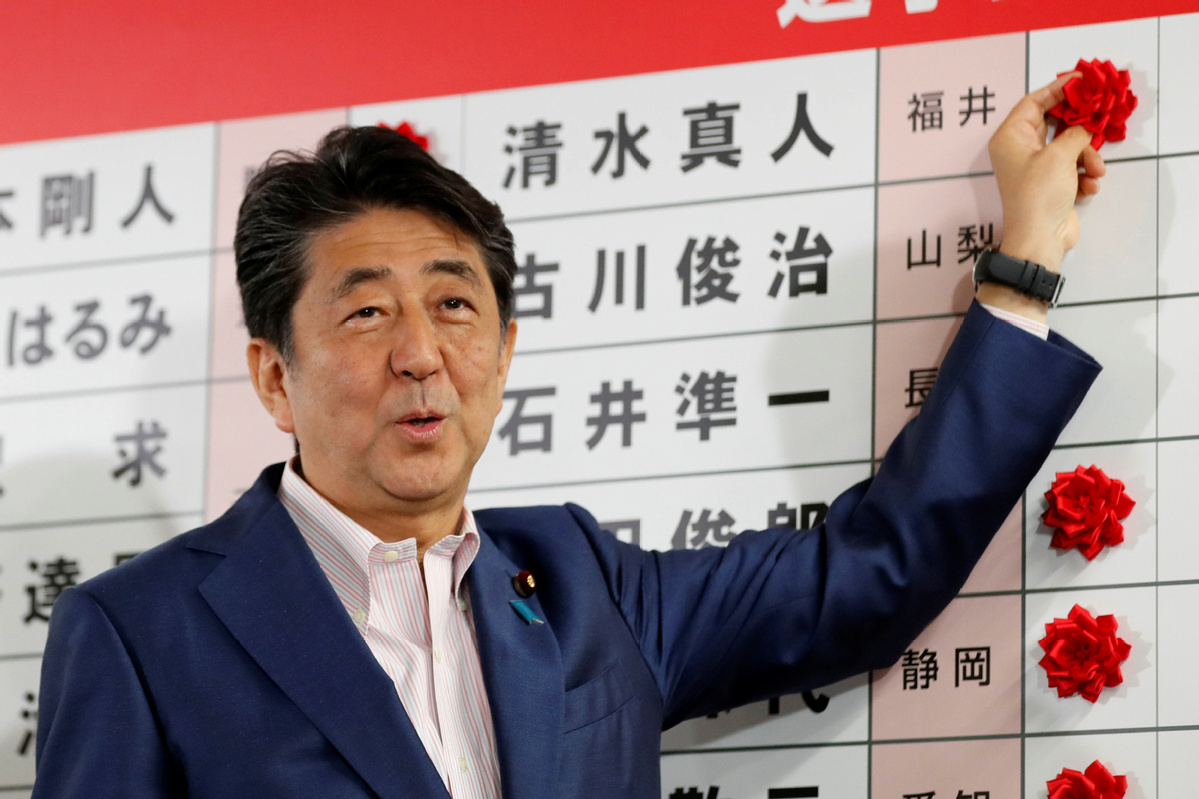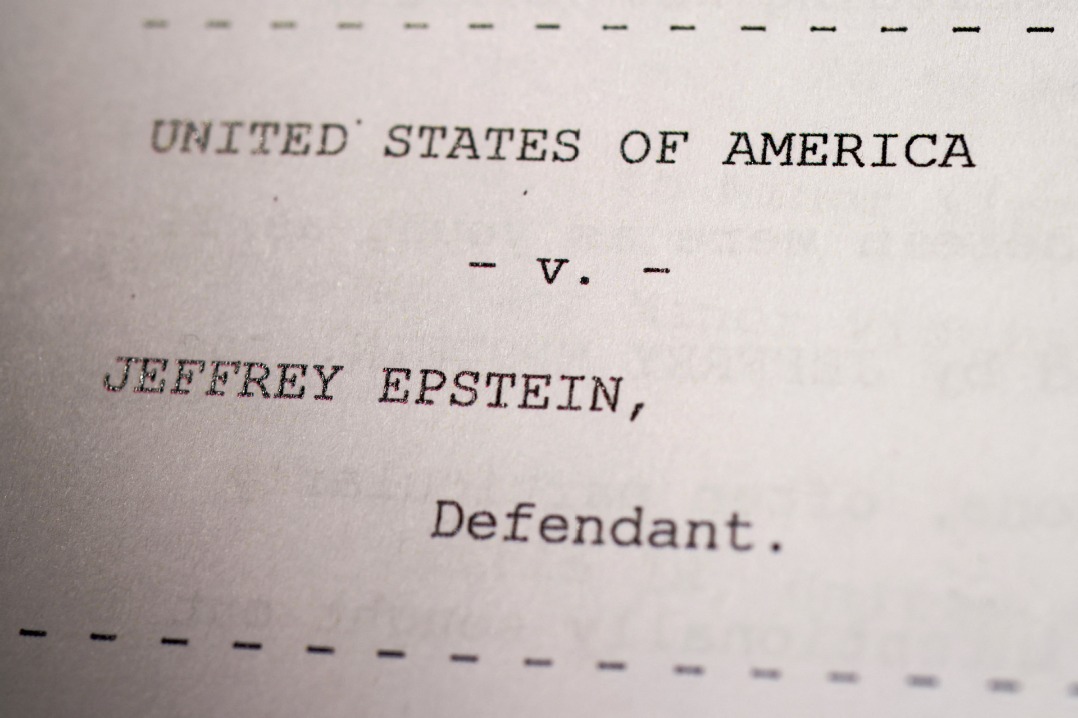Abe's ruling coalition wins upper house election, but suffers constitutional reform setback


TOKYO -- Japan's ruling bloc led by Prime Minister Shinzo Abe won more than half of the contested seats in Sunday's upper house election, maintaining a majority in the chamber.
However, the ruling parties and others who advocate constitutional reform did not pick up enough seats to get a two-thirds majority, a prerequisite for any amendment.
According to early results, the ruling Liberal Democratic Party (LDP) and its coalition partner Komeito won at least 69 out of the 124 seats up for grabs. Holding 70 of the seats in the uncontested half, they crossed the victory line set by Abe to maintain a majority in the 245-seat chamber.
With 370 candidates vying for the 124 seats, 74 are chosen in specific districts and 50 through proportional representation.
As of 3:30 local time Monday, the main opposition Constitutional Democratic Party of Japan increased its seats to 17 from nine before the election but the number of seats secured by the party for the People fell to six from eight.
Abe has stressed the need for stability during the campaign, saying "the biggest issue to be debated at the upcoming election is whether we want to accelerate reforms befitting a new era under political stability, or slide back into an era of chaos."
As results of the election started coming in, Abe said during a TV program that they show voters choosing political stability just as he had called for.
"We've secured a mandate to steadily carry out our politics," he said.
Abe's career goal, before and through his two tenures as prime minister, has been to revise the war-renouncing Article 9 of the supreme law, which bans the maintenance of war potential and the use of war as a means of settling international disputes.
Those opposed to the move, however, believe that such a revision will be used to bolster Japanese forces and their international footprint, in contrast to the pacifist stance of the constitution.
In Sunday's election, the pro-constitutional reform forces did not win the needed 85 seats to get a two-thirds majority. Abe would need such a majority in both upper and lower houses to hold a national referendum on a constitutional amendment.

































